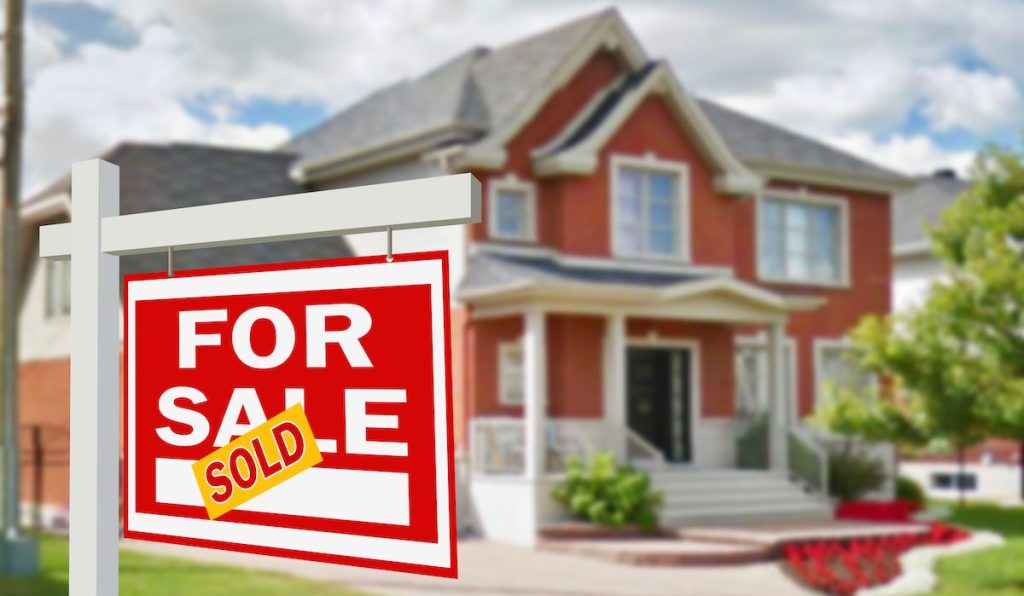In the most competitive housing markets in the country, many buyers have immaculate credit, have saved several hundred thousand dollars for a downpayment and know how to shop around for a mortgage.
Online lending marketplace LendingTree ranked the 50 most competitive metro areas in the U.S. based on specific financial criteria of homebuyers, and unearthed some interesting data.
The criteria doesn’t include the number of bidding wars, scarcity of inventory, record-high listing prices or time on market. If it did, cities like Austin, Texas and Seattle would likely have made the list.
Instead, LendingTree is specifically looking at the average down payment percentage, the share of homebuyers who have credit scores above 720, and the share of homebuyers who shop around for a mortgage before looking for a house. Using that narrow criteria, LendingTree determined that San Jose and San Francisco, two California markets, and Raleigh, N.C. were the three metros with the most competitive homebuyers.
LendingTree reviewed more than 750,000 mortgage loan requests that came through its marketplace from March 1 through March 24.
By its definition, San Jose ranked first in both the “credit score” and “down payment” categories, pushing it to the top spot overall. LendingTree ranked San Jose as just 17th in the “shopping around” category. In San Jose, 84.15% of buyers had a credit score of 720 or higher and the average downpayment was close to 23%, LendingTree’s analysis found.
How 2020 is still shaping the way lenders use data
The Radian HPI is a comprehensive and timely measure of U.S. housing market prices and conditions, and is available just 15 days after each month ends. Using the Radian HPI, data is easy to digest and deriving insights is intuitive.
Presented by: Radian
In the nearby San Francisco housing market, where the average home sells for $1.4 million, 81.96% of buyers had a credit score of 720 or higher and the average downpayment was 21.43%. It’s fair to say that any buyer who isn’t shopping for a mortgage will be paying straight cash. In up-and-coming Raleigh, North Carolina, where the median home price is $340,000, 70.48% of buyers had a credit score of 720 or higher and the average downpayment was 21.15%.
It’s only going to get harder to close on a home in 2021, said Tendayi Kapfidze, LendingTree chief economist.
“Buyers should be wary of feeling pressure to buy a home because of how competitive a market is,” said Kapfidze. “Buyers remorse on a home purchase happens often, and can affect emotional and financial wellness. Record low rates over the past year due to the COVID crisis have worsened the supply picture in an interesting way. Homeowners who refinanced now have rates that lock them in, as selling and purchasing another home would mean giving up their record low rate.”
Other cities that made LendingTree’s list of most competitive metros were Portland, San Diego, Los Angeles, Boston, Kansas City, New York, Minneapolis, and Milwaukee.
The least competitive homebuyers in the country can be found in Virginia Beach, according to LendingTree, followed by Riverside, California, and Atlanta. Homes in those three cities are being sold for, on average, $314,000, $314,000 and $322,000, respectively, per Realtor.com and Zillow.
The housing markets that made up the rest of LendingTree’s list of least competitive metros were Memphis, Tennessee; Orlando, Florida; Oklahoma City; Jacksonville, Florida; Birmingham, Alabama; Indianapolis, New Orleans, Las Vegas, and Richmond, Virginia.
The average down payment percentage in the top 11 most competitive metros was 21%, per LendingTree’s data. In those 11 metros, 62% of buyers shopped around for a mortgage before looking for a home. Across the 50 largest metros in the country, that number was 64%.






